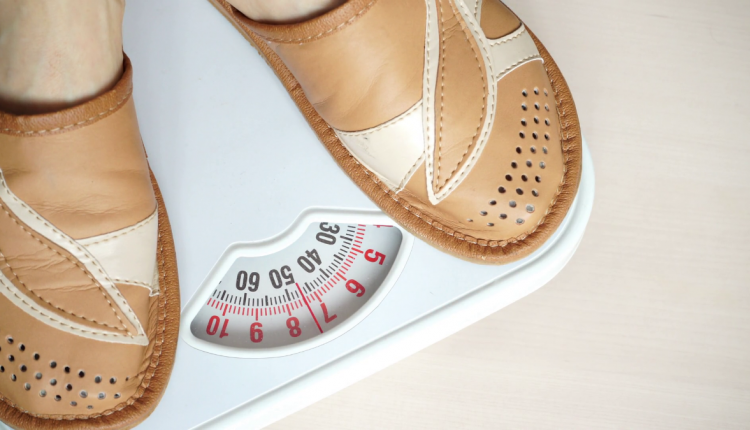
Being Overweight is a Major Health Threat for Women
Weight gain is a very sensitive issue for women. Just a comment on their weight can make or break their day. If you point out that they have gained a few pounds, it could lead them to depression. What most women fail to realize is that being overweight does not only change the way they look but can also be harmful to their health.
Unfortunately, more attention is put to how excess weight can affect a woman’s appearance. It’s high time they realize that being obese or overweight can lead to a number of life-threatening diseases in the long run. Some of these are listed below:
Knee Pain
Your joints suffer the most when you have excess weight. When they are forced to carry heavier weights than they can bear, they tend to become weak. As a result, overweight women often deal with knee pain. It makes walking and working out difficult.
Women should not only consult a doctor for knee pain but also take all important measures to lose weight. It will make the treatment more effective.
Diabetes
Most overweight people are also diagnosed with diabetes. Losing and maintaining weight isn’t as difficult as we may think. If you want to live a fulfilled and happy life with your family and kids, it’s important to consider weight loss seriously.
Even if it’s just about a few pounds, it’s important to keep a check and balance for weight maintenance.
Aching Heels
Heel pain is also common with women who are overweight. The more you gain, the more pain you suffer. With time, it could become difficult to even get up or walk with aching heels. While there are many reasons why your heels could ache, excess weight is the main reason.
Our heels are responsible for carrying our body weight throughout the day. They are highly affected if we put them under a lot of weight. While you can seek a doctor’s help for treatment, you must also try to lose weight if you have gained.
Heart Problems
Heart problems are becoming more common with women. There are many risk factors that lead to heart problems and being overweight is one of them. Losing breath, palpitations, and excessive sweating is all clear symptoms of an increase in weight.

Changing bad eating habits and incorporating more physical activities into your routine is the best way to steer clear of such life-threatening diseases.
Infertility Problems
Failure or delay in conceiving is also a common problem associated with overweight women. Weight problems lead to hormonal issues and can cause an imbalance in your period cycle. As a result, conceiving and carrying a baby safely can become a problem.
Depression
Being overweight is enough of a reason for any woman to get depressed. People never leave a chance to pinpoint if you are overweight. Self-realization of this fact can also lead to depression. Unfortunately, such mental disorders often result in overeating and/or developing bad eating habits.
Women often turn to comfort food to feel better about themselves. However, it does more damage than good. Therefore, it’s essential to adopt an overall healthier lifestyle.
Lack of Self-Confidence
Women who are not satisfied with their appearance often lack self-confidence. They are not comfortable meeting new people. Choosing clothes is not the only struggle they have to deal with. They are constantly let down by people around them.
Such circumstances make life stressful. They find peace in isolation and therefore prefer staying away from people. If only they realize that the solution to all these problems is in losing weight, they don’t have to live a lonely life.
Aging
Overweight women look older than their age. Excess weight is the major factor that could add up to 10-15 years to your age. With all the other problems mentioned above, it wouldn’t be wrong to say that even young girls feel like they are aging early due to weight problems.
Thus it’s important to figure out the ideal weight according to your height and age, and try to maintain it to stay healthy.
Reviewed by Dr. Sana
Doctor’s note:
If you are exceeding your maximum weight requirement, try to reduce it through regular exercise and diet management.
Image source: Visually.com

